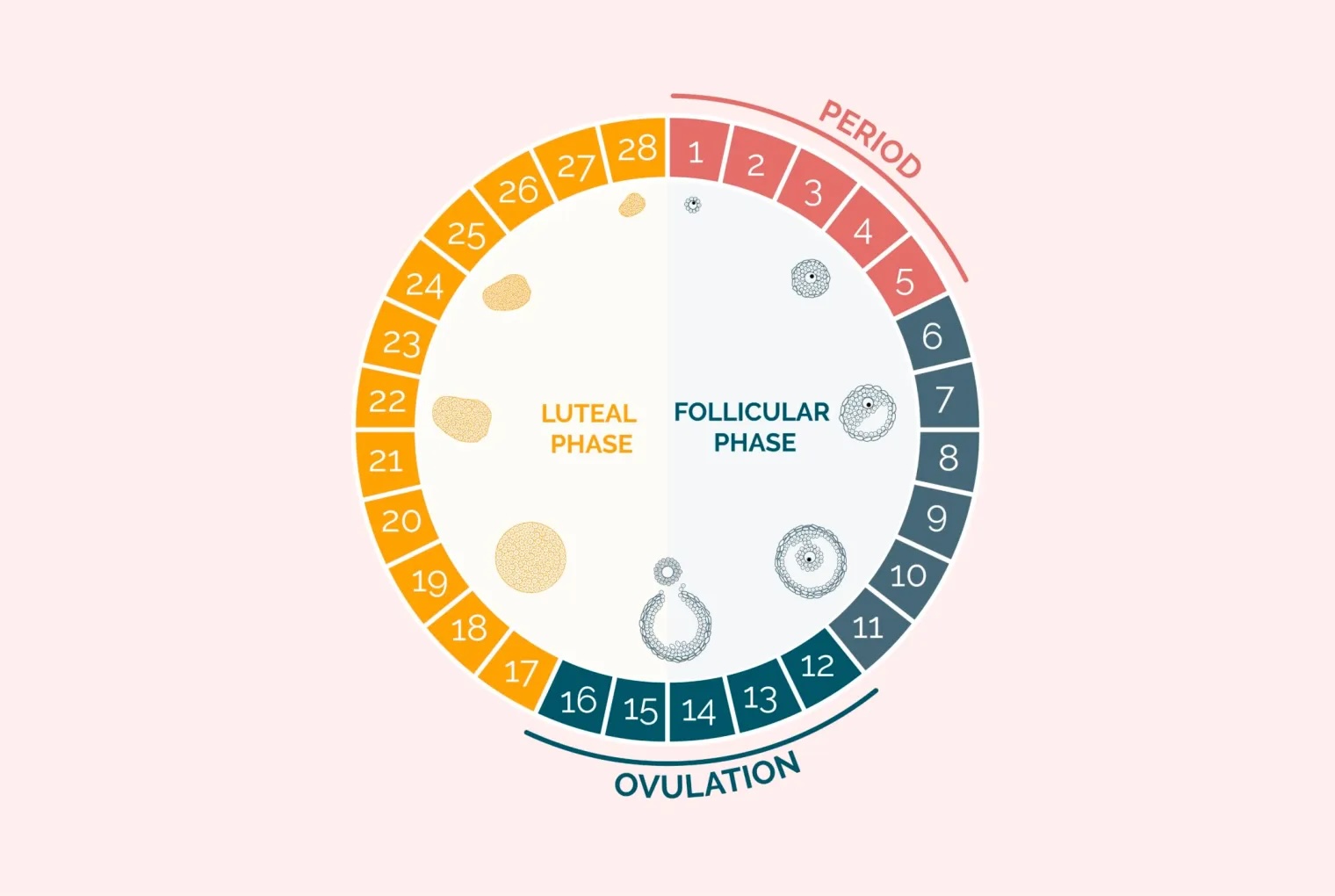Secondary infertility is a deeply personal and often unexpected challenge faced by many individuals and couples. It occurs when someone who has previously conceived naturally struggles to do so again. Despite its prevalence, secondary infertility is frequently misunderstood and under-discussed, leaving many to worry about it in silence.
What Is Secondary Infertility?
Secondary infertility refers to the inability to conceive after previously having a baby. While primary infertility affects those who have never conceived, secondary infertility arises after one or more successful pregnancies. The causes often mirror those of primary infertility, including ovulation disorders, sperm quality issues, fallopian tube damage, uterine conditions, and age-related factors.
In women, common causes can include:
- Polycystic ovary syndrome (PCOS)
- Endometriosis
- Diminished ovarian reserve due to age
- Scarring from previous childbirth or surgery
In men, possible causes include:
- Reduced sperm count or motility
- Varicocele (enlarged veins in the scrotum)
- Hormonal disorders
- Testicular injury or infection
- Lifestyle factors such as smoking, alcohol, or obesity
Emotional and Social Impacts
The emotional toll of secondary infertility can be profound. Individuals may experience feelings of guilt, confusion, and isolation, especially when their desire for another child is met with well-meaning but hurtful comments like, “At least you have one.” The societal expectation that previous fertility guarantees future success only adds to the distress.
Often people feel guilty because they want to be able to provide their existing child with a sibling.
Seeking Support and Treatment
If you’re under 35 and have been trying to conceive for a year, or over 35 and have been trying for six months, it’s time to see a fertility doctor. Early assessment can identify potential issues and guide appropriate treatment options, which may include lifestyle changes, medication, or assisted reproductive technologies like IVF.
Please contact me to find out more.




